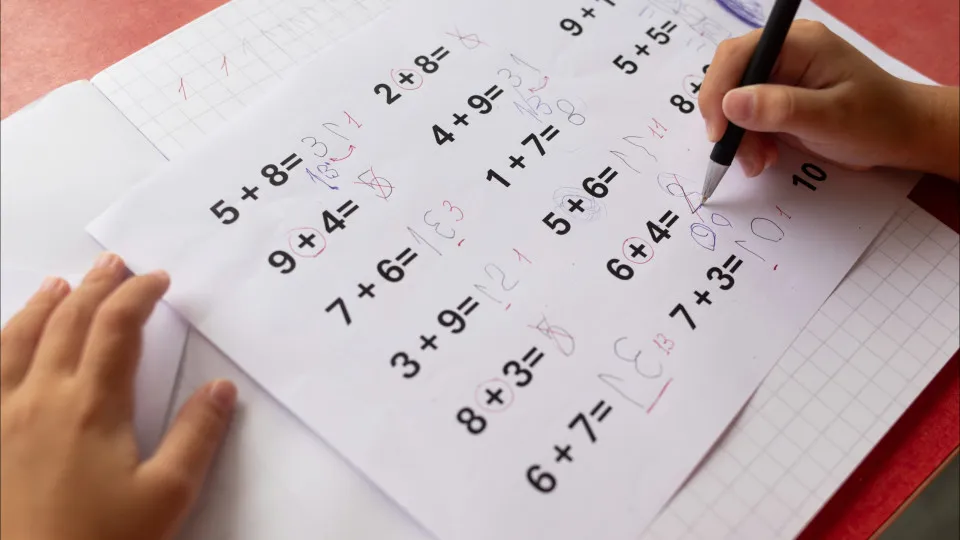
In an interview coinciding with World Dyslexia Day, observed on Friday, a specialist emphasized that “dyslexia affects one in every ten children,” highlighting the need to differentiate between specific neurodevelopmental disorders and simple developmental delays that can be addressed with proper training.
“Some reading difficulties might be mistaken for dyslexia, yet they may not be linked to this neurodevelopmental disorder. With appropriate and timely training, significant progress can be made,” explained Helena Serra.
The president of Dislex stressed that prevention should begin in preschool, around the age of five, when children can be evaluated for essential skills for reading and writing success.
“Before starting to read, around the last year of preschool, it’s important to ensure that children across the country are appropriately developed in their phonological skills, auditory and visual memory, laterality, and spatial and temporal orientation,” she advocated.
These skills, referred to as facilitators or prerequisites of symbolic learning, include visual and auditory perception, spatial orientation, sound sequencing, and recognition of letters and phonemes.
If not developed, according to Helena Serra, children begin to confuse symbols like B and D, F and T, or interchange similar sounds like G and Q, leading to persistent issues.
“If a child is not prepared for spatial orientation and visual perception of these symbols, they enter a confused state and may begin to call B a D, or F a T. Without proper association and memorization of the grapheme linked to its phoneme, the child will constantly confuse them, which is crucial to avoid,” Helena Serra emphasized.
The specialist noted that specific and early training in these skills can significantly mitigate the negative effects of dyslexia or even prevent reading difficulties in cases of developmental delay.
“Even in specific neurodevelopmental disorder cases, timely and early training in facilitating skills during reading development can mitigate all the negative effects that typically arise from such situations,” she argued.
Helena Serra further proposed that the Ministry of Education should establish a “small battery of informal tests” in preschools, mandatory and playful, to evaluate children before entering primary education.
“This could become a phenomenal tool for reducing reading and writing difficulties becoming increasingly apparent among numerous teachers and schools, even at the second or third educational cycles,” she stated.
Among activities that help develop basic reading skills, the president of Dislex highlighted playful games, rhythmic songs, and rhyming and sound recognition exercises.
Helena Serra reminded that not all reading difficulties indicate dyslexia, but both situations — dyslexia and lack of stimulation — require early attention and an appropriate educational response.




